Liberty and Justice for All: Explaining why I don’t stand for the pledge of allegiance at East:
Students should not feel compelled to recite the Pledge of Allegiance
About two years ago, I wrote one of the most popular articles in Eastside Online history. At the time, I was a journalistic novice, having just published my first print story a few weeks prior. When I published an opinion piece titled “The United States should remove the words ‘under god’ from the pledge of allegiance,” I was just trying to gain some more writing experience and share my thoughts on an interesting topic; little did I know, that story would be read thousands of times and spark divisive debates.
That story struck a nerve with many because it got to the core of what’s important to American citizens — our fundamental beliefs about our country, our Constitution, and our rights. When I wrote it, I focused on the words “under God” and their inclusion in the pledge of allegiance. Twenty-three months later, I’m back with the hope to start more important conversations, and to focus on a different set of words: “liberty and justice for all.” In my new column, featuring that phrase as the title, I’ll explore the numerous social issues that contribute to the creation — and the dissolution — of liberty and justice for all in the United States of America.
For this first edition, I’d like to focus once more on the pledge of allegiance. Since 2019, my views on the topic have evolved. Back then, I urged readers to say the pledge but to do so while omitting the words “under God” due to their non-secular nature. Still today, I believe that a religious reference should not be required in a patriotic pledge. However, I no longer say the pledge without that controversial phrase; today, I choose not to say the pledge in school at all.
Having put those words on paper, I can immediately envision the ire that this controversial statement will draw. You might even be angry yourself, having read that just now. But for me, it’s a matter of the very liberty for which the pledge stands.
In most nations across the world, children do not make a daily declaration of national allegiance while in school. Critics have, for years, decried the American tradition as unnecessary and potentially problematic. I personally see little reason why my peers and I should take time out of our school day each morning to profess our dedication to the flags hanging from our school walls. So, I choose not to participate. It’s not a big deal to me, or some grand act of protest. But weird looks still come my way, and I’m sure some will find this problematic.
Truthfully, I have no real problem with the pledge. I certainly take no issue with my peers and friends choosing to take the pledge each morning. There’s also just no reason why I personally feel compelled to make a big patriotic declaration every day that I likely otherwise would not. In fact, I feel that not participating in this routine practice makes it more meaningful when I do occasionally take time to honor our country and the people who have made it what it is. Those times include special events, such as government meetings, where I do actively stand for the pledge. The next time you pledge allegiance to the flag, I urge you to think about why you’re doing so. Are you taking part in the ritual without much thought? Or are you truly thinking about the words you’re saying, making a statement that’s important to you?
At the end of the day, the choice to say the pledge of allegiance is just that — a choice. When it comes to this and other expressions of patriotism, Americans should engage to whatever extent they desire. After all, the liberty to do so is part of our freedom of speech, which is one of the most patriotic ideas of all.

Elle Rood is a sophomore and Eastside Global Commentary Editor. Outside the (virtual) newsroom he can be found staffing national political campaigns, collecting...

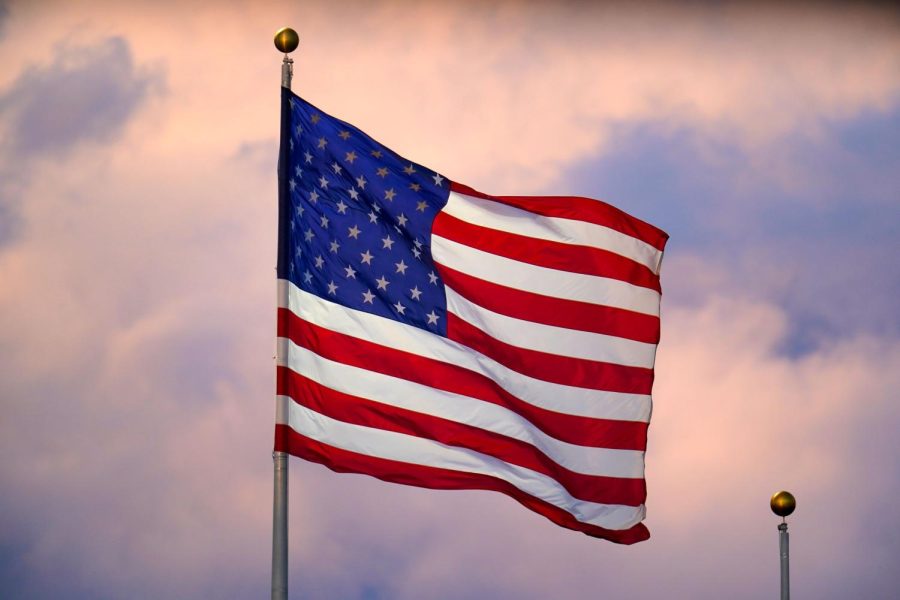
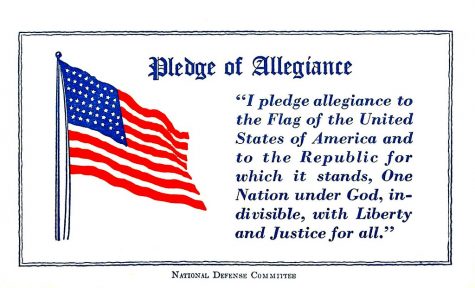




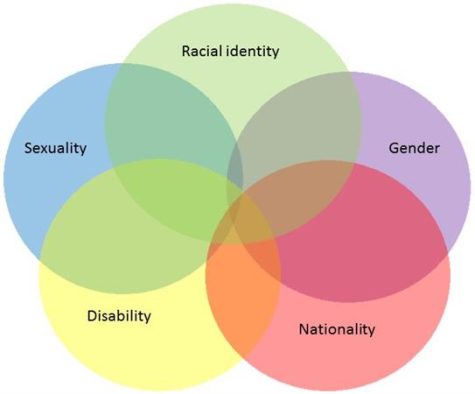


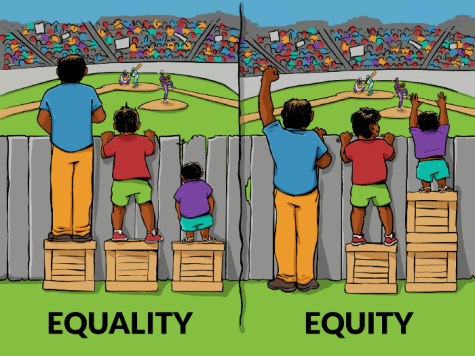
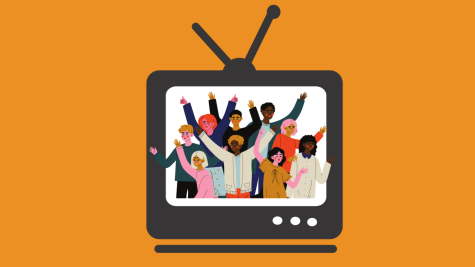
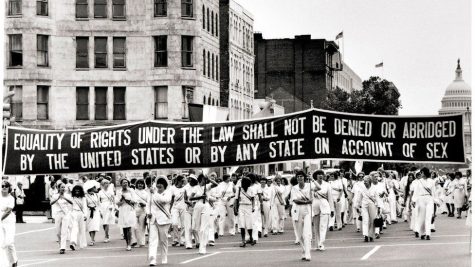
Beth Becker • Jan 16, 2022 at 12:00 pm
Great article. I graduated from East in 1995. I didn’t say the pledge at all the four years I was there. It’s disheartening that this is still controversial (or possibly AGAIN controversial, due to the recent resurgence in religious nationalism even in our town. I got very little pushback in the 1990s).
Keep up the good work.